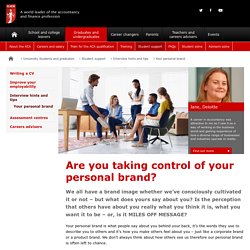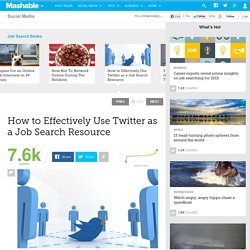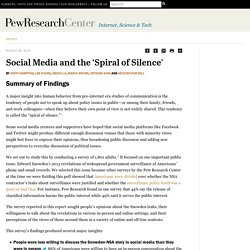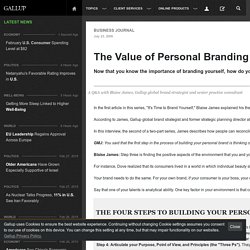

Are you taking control of your personal brand? We all have a brand image whether we’ve consciously cultivated it or not – but what does yours say about you?

Is the perception that others have about you really what you think it is, what you want it to be – or, is it MILES OFF MESSAGE? Your personal brand is what people say about you behind your back, it’s the words they use to describe you to others and it’s how you make others feel about you – just like a corporate brand or a product brand. We don’t always think about how others see us therefore our personal brand is often left to chance.
We are now in a business world where people represent a brand more strongly than any slick website or glossy brochure ever can, so you as an individual are quite simply the brand of your Firm. But Personal Branding is not just about creating a great image – a superficial image that doesn’t reflect your true individuality and personality will always be transparent and clearly be unauthentic. How to Craft Your Personal Brand Statement. Before you write blog posts for the masses, before you apply for those positions, before you even set up your LinkedIn profile there is one thing you should do – craft your very own personal brand statement.

Your bio, elevator pitch and any other descriptive text about you will invariably start out with your personal brand statement. S careers site for students: Programs and events. 1.

Limit your brilliance to one page Remember that your resume is a marketing tool and not a laundry list of everything you’ve ever done. By keeping your resume short, you’re demonstrating that you can edit yourself and sell your skills clearly and concisely. 2. Professionalize your contact info Resumes featuring email addresses like ILovePuppies@internetserviceprovider.com may not seem professional to the company to which you are applying. 3. Just because you didn’t get compensated for certain work doesn’t mean it shouldn’t count as experience for your resume. 4. Employers don’t want to know just what you did; they also want to know what results you achieved. 5. When you list bullet points under each position or activity on your resume, be sure to place the most important task, accomplishment or responsibility first. 6.
Employers can tell when they’re seeing a generic resume that is being blasted out to anyone and everyone. 7. Welcome to Forbes. Welcome to Forbes. Recruiter Hangout - How to market yourself on social media. How to Effectively Use Twitter as a Job Search Resource. In the age of social media, we have countless outlets for job searching.

Platforms such as LinkedIn are the first to come to mind, but can candidates use Twitter to find jobs as well? This past Thursday the HR teams at Twitter and NPR collaborated in the first live #NPRTwitterChat aimed at helping job seekers use social media as a job search tool. The chat was centered on six questions that received over 800 tweets from industry professionals all over the U.S., and even some from New Zealand and the UK.
Below is a recap of the topics covered in the chat as well as tips you can use in your own job search. To see a cool Storify roundup of the live chat, check out Amplify Talent, the blog run by NPR's Senior Director of Talent Acquisition and Innovation, Lars Schmidt. How to Find a Job Using Twitter The live chat started with a general inquiry into how to use the Twitter platform for job searching. The following are some of the other themes that came up during the live chat. ‘If You Don’t Have a Social Presence, You Don’t Count’ Social Media and the ‘Spiral of Silence’ A major insight into human behavior from pre-internet era studies of communication is the tendency of people not to speak up about policy issues in public—or among their family, friends, and work colleagues—when they believe their own point of view is not widely shared.

This tendency is called the “spiral of silence.” Some social media creators and supporters have hoped that social media platforms like Facebook and Twitter might produce different enough discussion venues that those with minority views might feel freer to express their opinions, thus broadening public discourse and adding new perspectives to everyday discussion of political issues. We set out to study this by conducting a survey of 1,801 adults. It focused on one important public issue: Edward Snowden’s 2013 revelations of widespread government surveillance of Americans’ phone and email records. This survey’s findings produced several major insights: A rundown of the key survey findings: About this Report Keith N.
Online Social Networks : Identity, Community, and Culture in the Digital Age. Wp-content/uploads/2012/01/Your-social-media.pdf. Check at Leeds: Results. The Value of Personal Branding. In the first article in this series, "It's Time to Brand Yourself," Blaise James explained his theory of self-branding.

Your personal brand isn't a couple of adjectives, and it shouldn't be a résumé either. It should demonstrate your authentic talents and strengths.